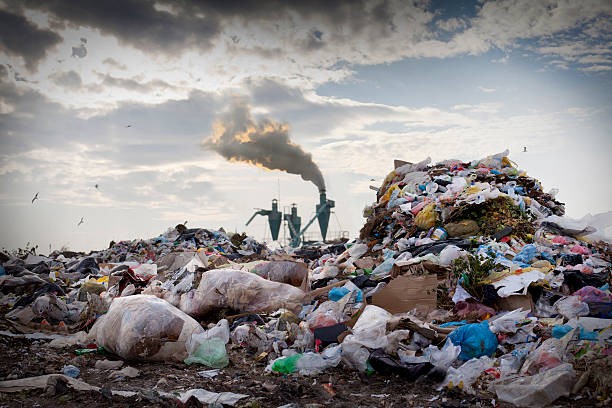
ENVIRONMENTAL POLLUTION
Environmental pollution is a major issue that is affecting the planet in numerous ways. Pollution can come in many forms, such as air, water, and land pollution. Each type of pollution has its own unique set of challenges and consequences. In this article, we will explore the various types of environmental pollution, their causes, and their impact on our planet.
Air Pollution
Air pollution is one of the most common types of environmental pollution. It occurs when harmful gases and particles are released into the atmosphere, such as carbon monoxide, sulfur dioxide, nitrogen oxides, and particulate matter. These pollutants are released by sources such as transportation, industrial facilities, and burning fossil fuels. Air pollution can cause respiratory problems, heart disease, and other health issues. It can also contribute to climate change, as certain pollutants trap heat in the atmosphere and increase global temperatures.
Water Pollution
Water pollution occurs when harmful substances are released into bodies of water, such as rivers, lakes, and oceans. Sources of water pollution include agricultural runoff, industrial waste, and sewage. Water pollution can harm aquatic life and disrupt ecosystems, and it can also affect human health if contaminated water is consumed or used for activities such as swimming and fishing.
Land Pollution
Land pollution occurs when waste products are not disposed of properly and end up contaminating soil and groundwater. This type of pollution can occur from sources such as improper disposal of hazardous waste, littering, and improper use of pesticides and fertilizers. Land pollution can lead to soil degradation, loss of biodiversity, and health problems for humans and animals that come into contact with contaminated land.
Impact of Environmental Pollution
Environmental pollution has a significant impact on the planet and its inhabitants. Air pollution contributes to climate change, which can cause extreme weather events, rising sea levels, and the displacement of people and animals from their homes. Water pollution can harm aquatic life and make water unsafe for consumption or recreation. Land pollution can lead to degraded soil, loss of biodiversity, and health problems for both humans and animals.
Solutions to Environmental Pollution
There are several ways that individuals and organizations can help reduce environmental pollution. For example, people can reduce their use of single-use plastics, carpool or use public transportation, and reduce their energy consumption at home. Businesses can implement sustainable practices such as using renewable energy sources and reducing waste. Governments can implement regulations and policies that limit pollution from industries and encourage environmentally friendly practices.

Conclusion
Environmental pollution is a serious issue that affects the planet in numerous ways. Air, water, and land pollution all have significant consequences for both humans and the environment. By taking steps to reduce pollution, we can help protect the planet and its inhabitants for generations to come.